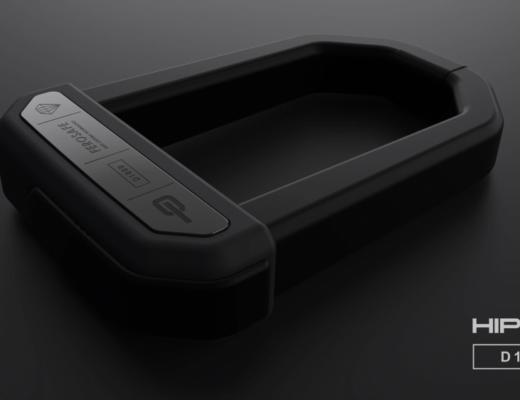Face it! Every bike is imperfect. Yep, got it. No disagreement here, but there’s definitely some wiggle room in every spec for imperfection. Want to say the word is “tolerance”. Shaving a bike, especially on a carbon bike, is risky AF. If it’s wildly out of spec, and the OEM won’t warranty it, what do you have to lose? But, for everyone else, this will almost certainly invalidate your warranty if you have one*, might help at the margins, and could totally destroy the bike if done improperly. Personally unless something is horribly wrong, I wouldn’t want to roll the dice for the tiny gains that might be there for the vast majority of bikes out there.
* The video claims otherwise, and the post linked in the description repeats it with some pretty sketch backing. “Most manufactures don’t have a problem with it”, from the mechanic that does the facing, isn’t strong enough for a “No”. That’s more of a maybe, in my book. But even if the mechanic is 100% right, and some OEMs are cool with you shaving bits off the frame, there has to be stacks of T&Cs around it. Which effectively make it a “Yes” right up to the point where something goes wrong. Then it’s a “No”, and you are screwed. Which totally makes sense, because you are modifying something, with a cutting tool. There is a lot that can go wrong.



I have feelings about engineering tolerances. I find that in general, they are just too tight. The hours I’ve spent trying to get disc brakes aligned perfectly so that
a) the brake doesn’t rub against the rotor
b) I can use more than 1 set of wheels
c) I have enough pull on the levers for braking power.
And this doesn’t just apply to bikes – cars, toaster ovens, you name it. They all seem to have diminishing returns (weight, efficiency) on increasingly tighter tolerances.
I think the problem with road disc lies solely on the caliper designers. They could design an auto-algining system with more space around the disc. Problem solved :).